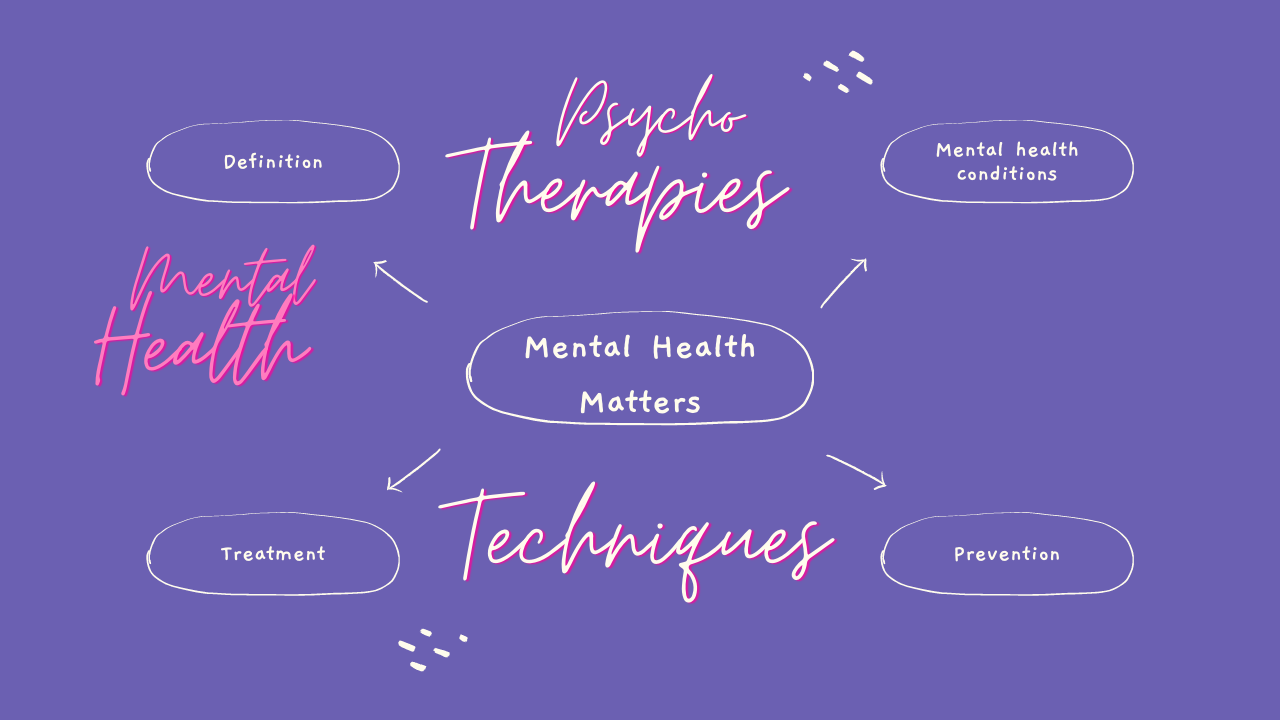Mental health refers to the state of an individual’s emotional, psychological, and social well-being. It influences how people think, feel, and behave in daily life. It also plays a significant role in determining how individuals handle stress, relate to others, and make decisions. Taking care of mental wellness can enhance overall life satisfaction and functionality.
What Are the Most Common Mental Health Disorders?
Mental health disorders can vary widely in scope and impact. Among the most common conditions are:
- Depression: A mood disorder that involves persistent feelings of sadness, fatigue, and loss of interest in daily activities.
- Anxiety Disorders: These include conditions such as generalized anxiety disorder and panic disorder, characterized by excessive worry, restlessness, or physical symptoms like increased heart rate.
- Bipolar Disorder: A condition involving episodes of extreme emotional highs (mania) and lows (depression).
- Post-Traumatic Stress Disorder (PTSD): Commonly linked to experiencing a traumatic event, this disorder includes symptoms like flashbacks, avoidance, or heightened reactivity.
- Obsessive-Compulsive Disorder (OCD) and other related conditions can also interfere with daily functioning.
While each of these disorders manifests differently, their impact on both mental and physical health underlines the necessity of understanding and addressing them.
How Does Mental Health Affect Physical Health?
The interplay between mental and physical health is complex and interconnected. Poor mental health can influence physical well-being in various ways. For instance, chronic stress or anxiety may elevate the risk of cardiovascular problems due to sustained high blood pressure or increased cortisol levels. Similarly, depression can lead to disrupted sleep patterns, decreased physical activity, or appetite changes, further impacting bodily health.
Physical health conditions can affect mental wellness. Chronic illnesses or injuries may lead to anxiety, stress, or depressive symptoms. This is particularly when individuals face challenges in adapting to their condition. Addressing mind health as part of an individual’s overall well-being can contribute to better physical outcomes.
How to Treat Depression?
Approaches to managing depression generally involve professional intervention combined with self-care strategies. Common treatments include:
- Therapy: Talking with a licensed therapist can provide a structured way to address underlying issues or thought patterns. Cognitive-behavioral therapy (CBT) is commonly used to treat depression.
- Medication: Antidepressants prescribed by healthcare professionals can help balance brain chemicals linked to mood regulation.
- Lifestyle Adjustments: Activities like regular physical exercise, maintaining a consistent sleep schedule, and eating a balanced diet contribute to overall well-being.
Individuals experiencing symptoms of depression should consult a healthcare provider to design a personalized treatment plan.
What Is the Difference Between Anxiety and Depression?
Though anxiety and depression may share overlapping characteristics, they are distinct conditions that require different approaches. Depression is predominantly characterized by prolonged periods of low mood, often accompanied by feelings of hopelessness and withdrawal from activities. People with depression may lack energy, find it hard to concentrate, or experience physical discomfort, such as headaches or stomach issues.
Anxiety, on the other hand, is marked by excessive worry or fear that is difficult to control. Physical symptoms like restlessness, rapid heartbeat, or muscle tension are commonly associated with anxiety disorders. While depression often looks back at perceived losses or failures, anxiety tends to focus on future uncertainties. Understanding these differences can guide individuals toward the appropriate support or interventions.
Where To Start Your Journey Toward Better Mental Health?
Maintaining good mental health is a continuous process that involves recognizing factors impacting well-being and utilizing helpful strategies. Acknowledging the role mental wellness plays in daily life and seeking community or professional support when needed can create a healthier, more balanced life overall. If you’re navigating mental health challenges, connecting with mental health professionals and building a supportive network can be a valuable starting point.







